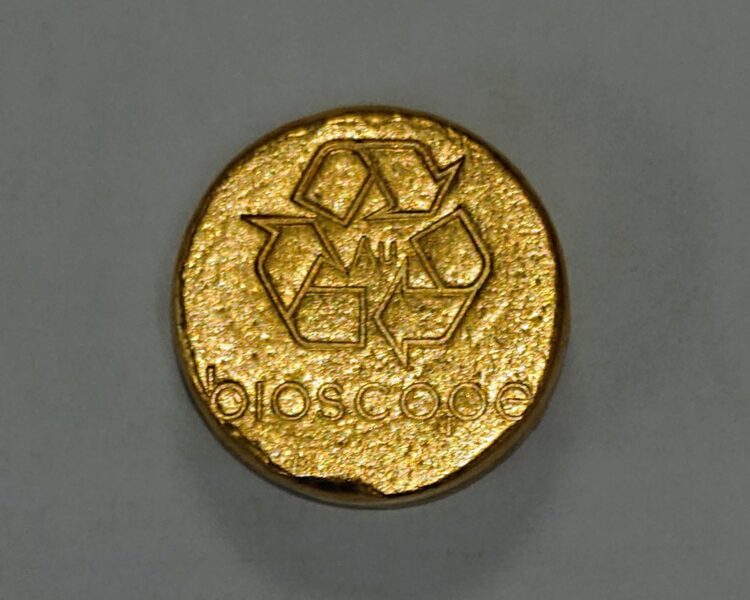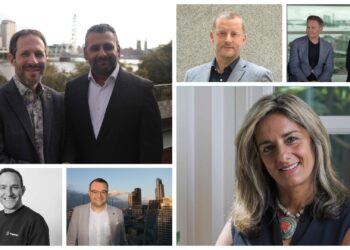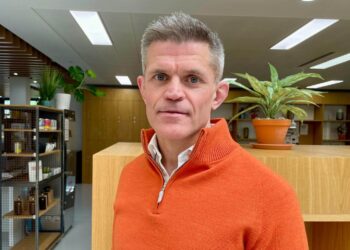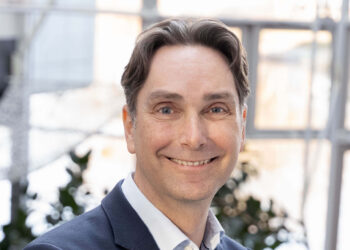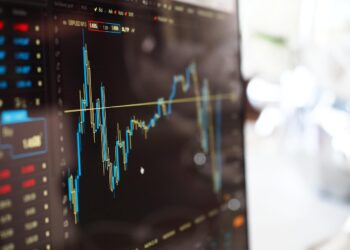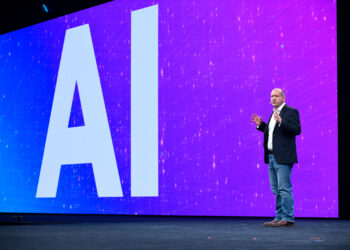Bioscope Technologies says it is poised to take its bioleaching efforts to an “industrial level” after successfully filing “multiple” worldwide patents.
Having undertaken Bioleaching R&D work over several years with leading universities, lifecycle services firm n2s incorporated Bioscope Technologies as a separate company in 2022.
Its solution aims to recover base and precious metals from printed circuit boards (PCBs) in a sustainable manner.
It is designed to replace traditional treatments that use high-temperature and chemical recovery and to be as close to zero-emission as possible, without offsetting.
BT has been trialling the bioleaching technology for several years to recover copper and gold from decommissioned telephone exchanges as well as copper from cabling, Bioscope Technologies stressed.
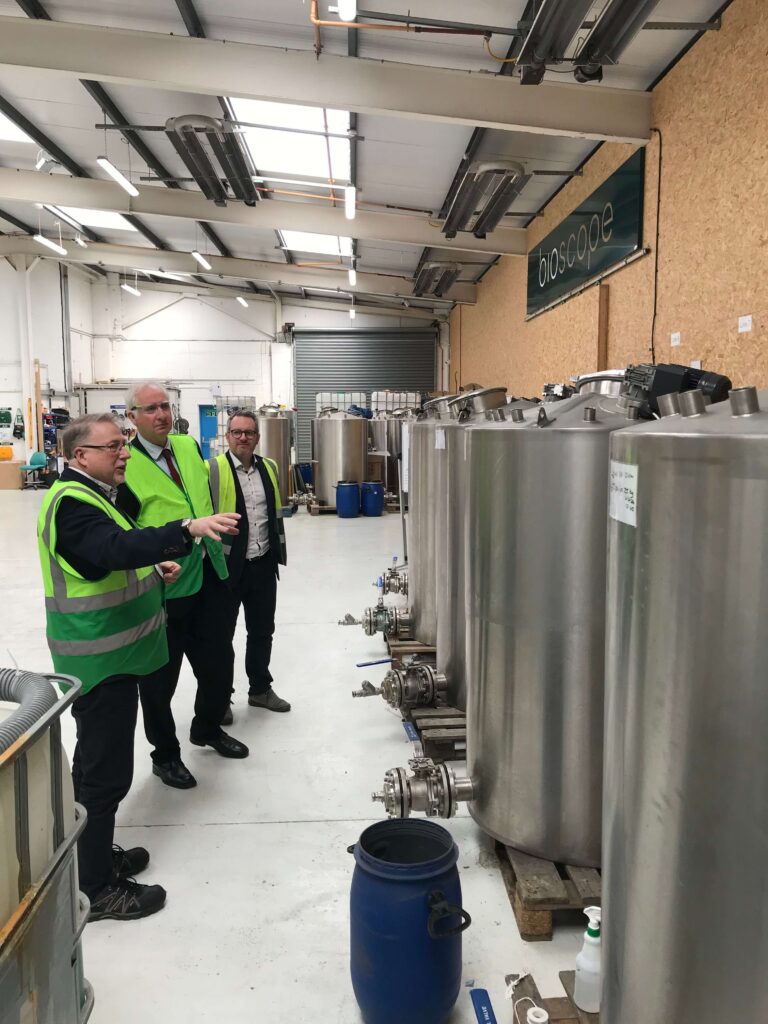
Now Bioscope says it will “accelerate the bioleaching development to an industrial level”.
The Cambridge-based outfit, which DEFRA Minister of State Daniel Zeichner dropped in on in April (see above), claimed it is making a multimillion-pound investment in plant and machinery across its four UK PCB recovery and processing facilities.
This includes a state-of-the-art PCB shredder system capable of processing 5Mt of PCBs per day, reducing target metals down to a manageable size before the naturally occurring bacteria-based Bio-refining processes are activated.
The move comes after n2s leader, former England rugby player Andy Gomarsall, opened up to IT Channel Oxygen on his efforts to evangelise circular IT in his new role of Executive Director of Business and Sustainability.
“Currently the UK only recycles around 30% of e-waste with all PCB materials exported overseas, the majority going to European, US and Far Eastern refineries which use non-sustainable pyro and hydrometallurgical processes – the rest end up in landfill or the in the hands of unlicensed operators,” Jeff Borrman, CEO, Bioscope Technologies, stated.
“The known and unknown quantities of PCBs present a huge opportunity for Bioscope, including to support the UK government in patriating and repatriating the millions of pounds worth of valuable materials going to waste. As just one example, it’s estimated that 25 million mobile phones are discarded in the UK each year – recycling one million mobile phones can recover 16,000kg of copper, 350kg of silver, 34kg of gold and 15kg of palladium.”
Nick Razey, Bioscope’s Chairman, added: “With the world’s generation of e-waste rising five times faster than the documented capacity to recycle it – 62 million tonnes of e-waste produced in 2022 alone – Bioscope is ready to play a leading role in solving a key part of the problem – at scale and in a wholly sustainable way.
“Bioscope is working with the UK’s Critical Minerals Association (CMA) to jointly develop a long-term solution which will ensure many more critical PCB-based materials remain in the UK for sustainable re-introduction into the supply chain. Additionally, in Europe and North America, large recycling organisations, data centre operators, cloud providers and telecom companies will soon be able to access Bioscope’s patented industrial Bioleaching processes and plant via licensing agreements.”


